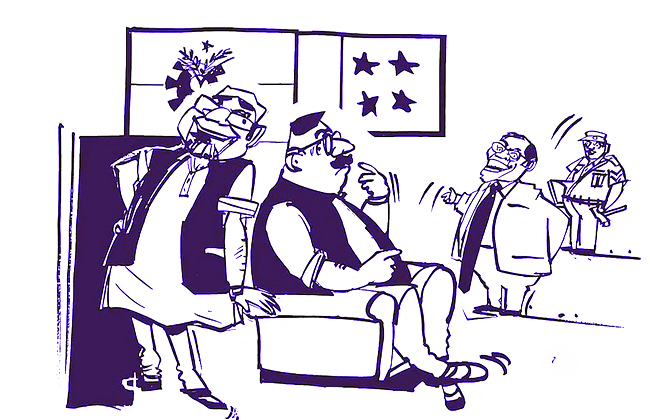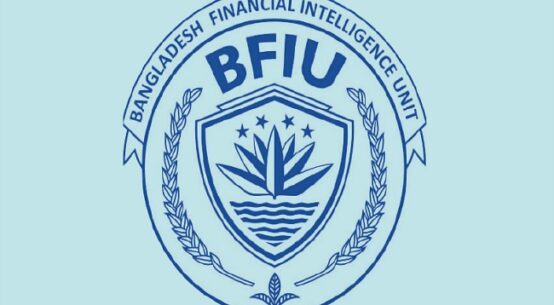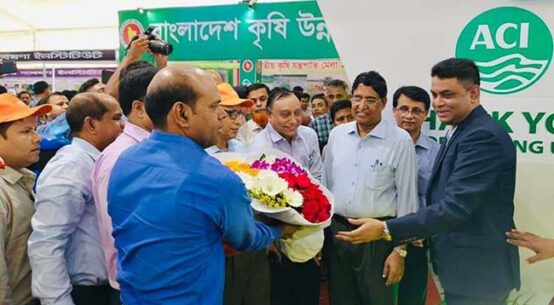
Although BNP has launched a simultaneous movement with more than four dozen parties and organisations to realise their 10-point demand, political analysts are skeptical about the ability of most of the parties to contribute to street programmes due to the lack of their organisational strength and popular public support.They said making alliances with many small parties is just a number game in the politics of Bangladesh, but only three to four parties have the organisational capacity and popularity to show their strength on the streets.
The analysts, however, said some small parties now on the simultaneous movement with BNP have few leaders, including LDP president Oli Ahmed, Jatiya Samajtantrik Dal president ASM Abdur Rob, Nagorik Oikya convener Mahmudur Rahman Manna, Biplabi Workers Party general secretary Saiful Haque, Ganasanghati Andolon’s chief coordinator Zonayed Saki, Gana Adhikar Parishads convener Reza Kibria, member secretary, Nurul Haque Nur, Kalyan Party chairman Syed Muhammad Ibrahim, and Gonoforum leaders Mostafa Mohsin Montu, Dr Abu Sayeed and Subrata Chowdhury, who have a face value and can play a role in shaping public opinion.
They also said Bangladesh Jamaat-e-Islami still has a base across the country, and it can play a role in the movement. But they say that the success of the simultaneous movement will mainly depend on BNP while the other parties will work as a morale booster for it and justify its demands. After two rounds of talks with political parties, BNP on December 10 last year announced to launch the simultaneous movement with a 10-point demand, including the resignation of the current government and holding the next polls under a non-party neutral government.
Earlier on August 8, seven opposition organisations Jatiya Samajtantrik Dal (JSD-Rob), Nagorik Oikya, Bangladesher Biplobi Workers Party, Gonosamhati Andolon, Gono Odhikar Parishad, Bhasani Onusari Parishad and Rastra Sangskar Andolon floated Ganatantra Mancha, a new political platform and announced to join the movement with BNP.
On December 22, 12 political partners of the 20-party alliance–Jatiya Party (Kazi Zafar), Bangladesh Kalyan Party, Bangladesh Labour Party, Bangladesh Jatiya Dal, NDP, Bangladesh Liberal Democratic Party (LDP-Selim), Bangladesh Muslim League, Jamiat- Ulema-e-Islam Bangladesh, Islami Oikya Jote, Jagpa (Tasmia Prodhan), Islamic Party, and Bangladesher Samyabadi Dal– formed a new alliance dissolving the 20-party to carry out a movement alongside the BNP and realise the 10-point demand.
Another new political platform, “Jatiyatabadi Samamona Jote”, comprising 11 parties was launched on December 28 to strengthen the simultaneous movement. The parties in the new 11-party alliance are National People’s Party-NPP, Jagpa (Khandkar Lutfur), Democratic League (DL), Bangladesh NAP, Bikalpa Dhara (Nurul Amin), Samyabadi Dal, Gano Dal, NAP-Bhasani, Islami Oikya Jote, People’s League and Bangladesh Minority Janata Party. Islami Oikyajot and Samyabadi Dal are there in the two new alliances.On January 3, Ganatantrik Bam Oikya, a leftist political platform of four parties- Communist Party of Bangladesh (Marxist-Leninist, Social Democratic Party, Samajtantrik Majdur Party and Progressive Democratic Party-also announced to join the movement with BNP.
On January 8, another new anti-government platform, “Samamona Ganatantrik Jote” (Like-minded Democratic Alliance) comprising 15 organisations was launched to join the simultaneous movement.The members of the newly formed alliance include Youth Forum, Zia Nagorik Sangsad, Democratic Movement, Shaheed Zia Ainjibi Parishad, Jatiyatabadi Nagorik Dal, Bangladesh Justice Party, Constitution Preservation Parishad, Ganatantra Raksha Mancha, Chalak Dal, Jatiyatabadi Muktijoddha ’71, Ghure Dharo Bangladesh, Movement for Democracy, Bangladesh Democratic Council, Desh Raksha Manush Bachao Andolan and Bangladesh Jubo Oikya Parishad.
Besides, Jamaat, LDP (Oli) and Gonoforum (Montu) also announced joint simultaneous movement. Of all these parties, only LDP (Oli) JSD-Rob, Biplobi Workers Party, Kalyan Party and Bangladesh Muslim League are registered with the Election Commission (EC).Two programmes –mass rally and mass sit-in–of the simultaneous movement have so far been observed on December, 24, 30 and January 11 respectively, but the presence of leaders and workers of these parties and alliances was very poor.
It’s a meaningless number game Shusashoner Jonno Nagorik (Shujan) Secretary and political analyst Badiul Alam Majumdar said it is the reality in Bangladesh that most of the political parties, except for three-four ones, are name-only organisations run by some individuals who have a face value.”It’s also our tradition to increase the size of alliances with such small parties. You can call it a meaningless number game. But only a few parties, especially Awami League and BNP are the key players in the politics of Bangladesh,” he said.Majumdar said BNP may feel good that many parties are with them, no matter what their organisational capacities are. “But only a few of them can play some sort of role in the movement.”
He also said the success of the simultaneous movement mainly depends on how much strength BNP can demonstrate and how effective strategy the party can adopt.
Number matters in politics Prof Mahbubullah, a pro-BNP intellectual and a former teacher at the Dhaka University, said the unity of the political parties–small and bigger ones–is now crucial to overcoming the current situation of the country and restoring people’s voting rights. “The size of the alliance matters in politics. Unite the many to defeat the few is an effective political philosophy to make political gains. So, one should not ignore the number of the political parties that have got united to realise public demands,” he observed.The political analyst said there are many parties with BNP that may have not that much popularity and organisational strength, but some of their leaders have acceptability and face value. “They also have an influence among the people and they can help create public opinion.”
“These parties don’t have huge supporters like the major ones, but they are also democratic forces. You may see their very thin presence on the streets, but their collective efforts can strengthen the movement for realising popular public demands,” he viewed.
Unity among many parties has a value Prof Dilara Chowdhury, a former teacher of the Department of Government and Politics at Jahangirnagar University, said there are many parties with BNP’s simultaneous movement which do not have big workforces, but there are many national figures in those parties who matter in politics.”If these parties take to the streets simultaneously, it can boost up BNP’s moral strength. So, you can’t ignore the value of unity among so many political parties,” she observed.
Besides, the political analysts said around 50 parties and organisations are now taking to the streets with BNP demanding the next election be held under a non-party caretaker government. “So, the number matters here when it comes to who is against the polls under a partisan government.” Prof Dilara said many common people are increasingly taking part in BNP’s current political rallies and programmes. “I am observing that BNP is seriously making efforts to turn around. The way BNP’s grassroots have been demonstrating strengths despite being subjected to various repressive acts is a very positive sign.”


